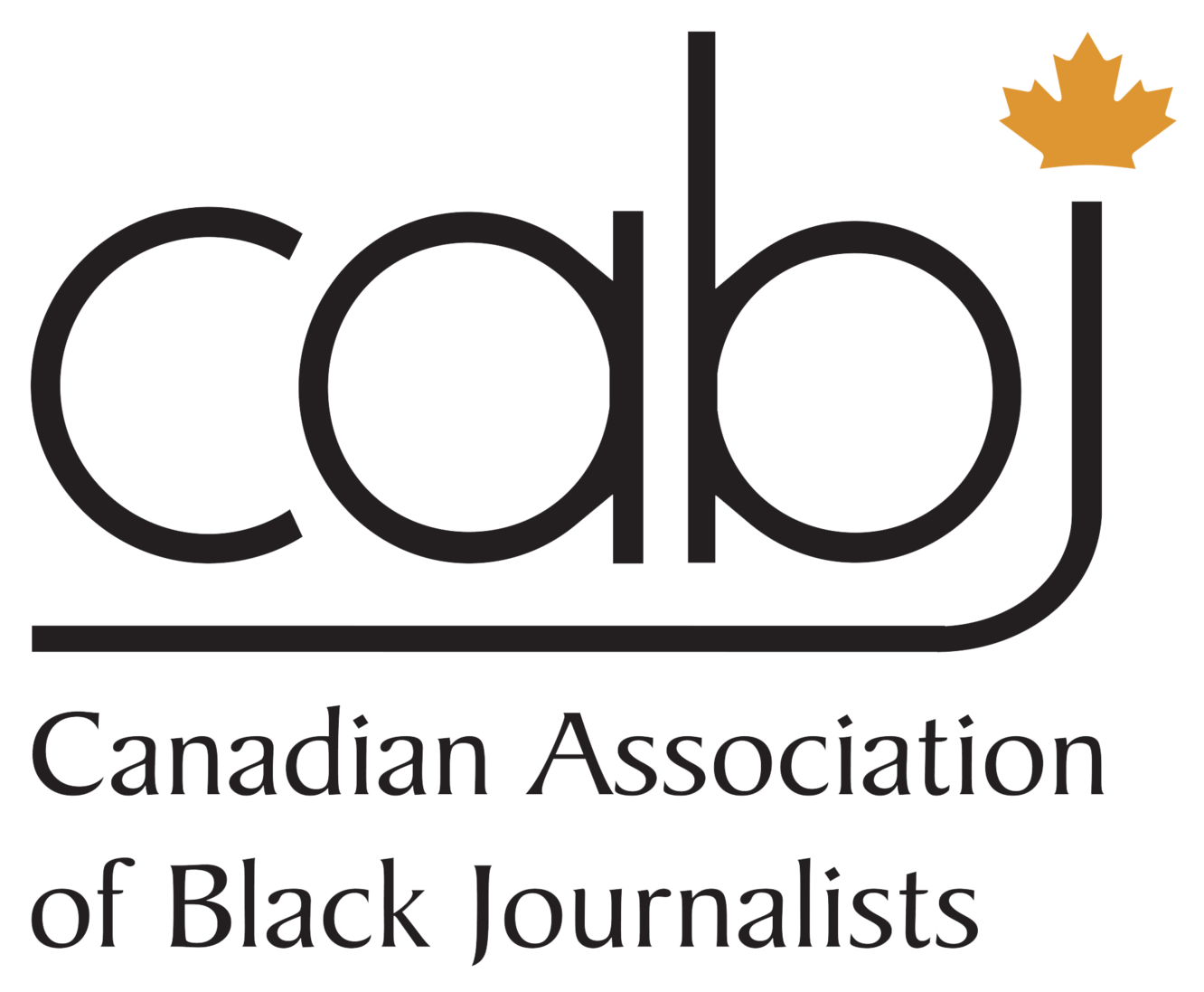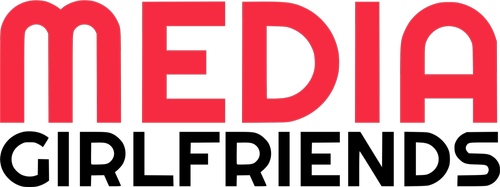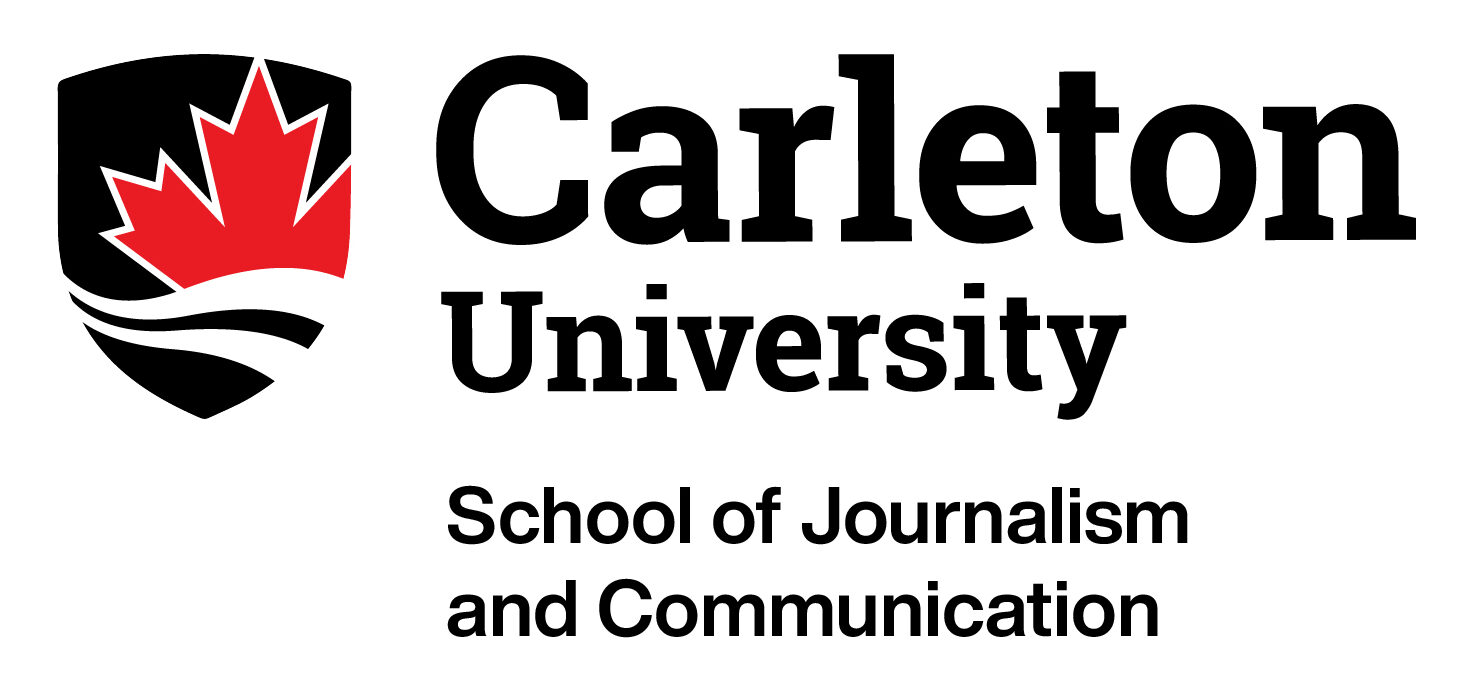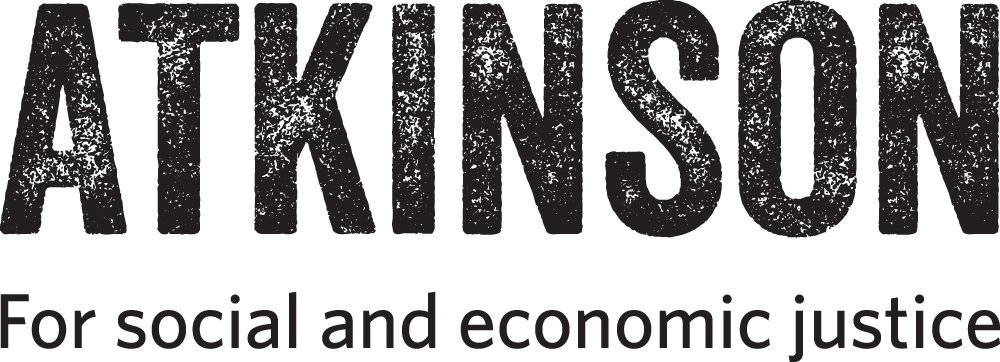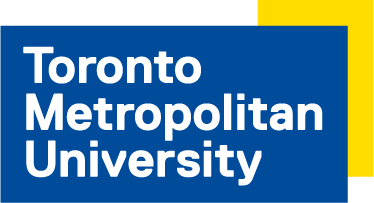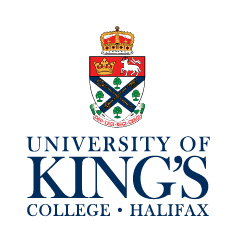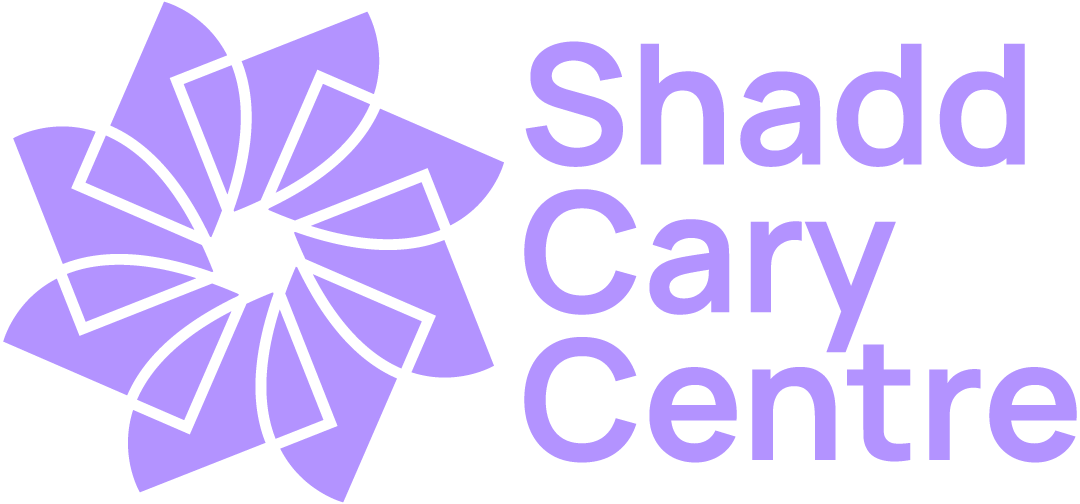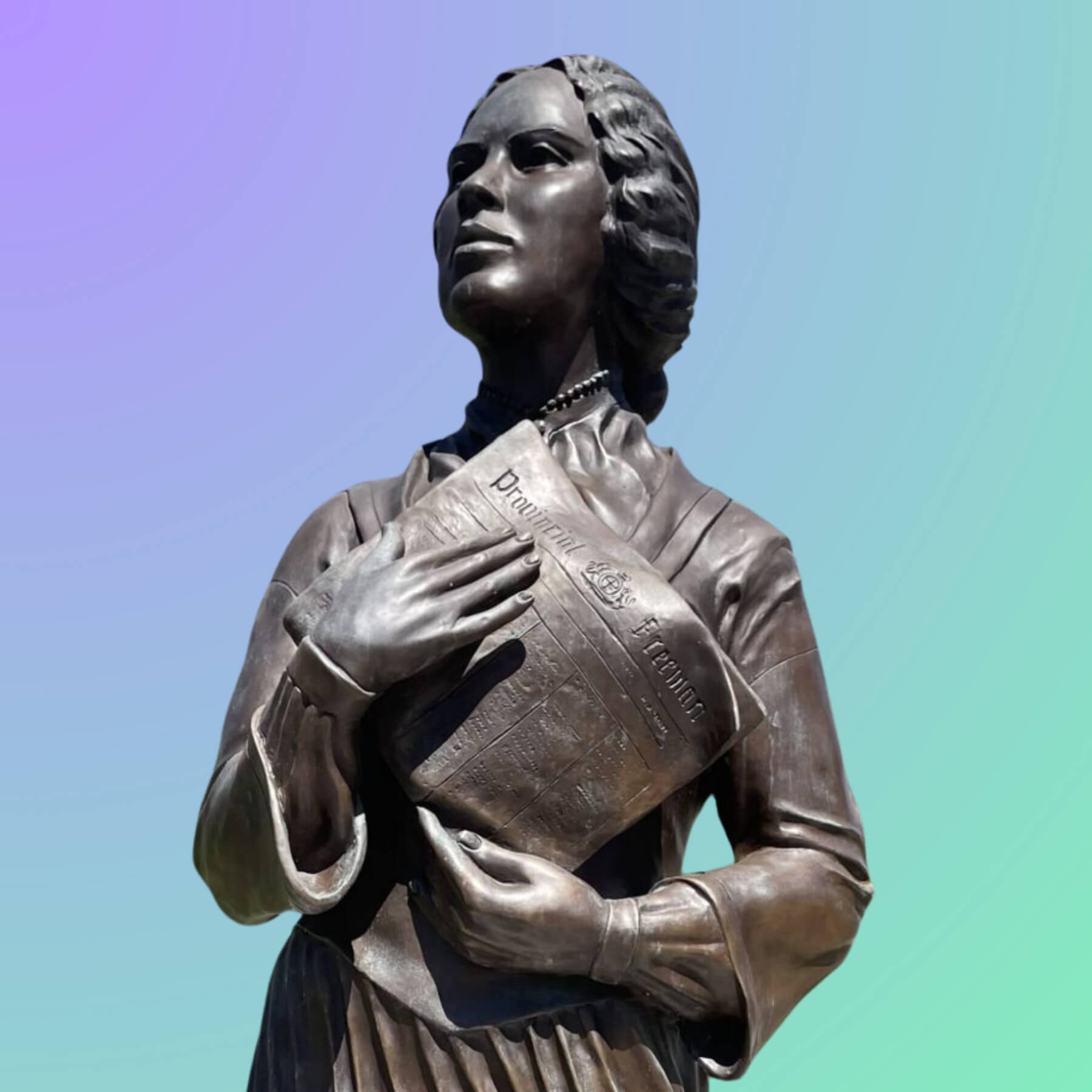Call for Applications
The Mary Ann Shadd Cary Fellowship for Black Journalists:
Delegation to the National Association of Black Journalists Convention and Career Fair
Deadline:
Friday May 17, 2024, 11:59 p.m. ET
DROP-IN Information Session:
Monday, May 13, 2024, 7 p.m. ET
2024 Fellows: Mid-Career Journalists
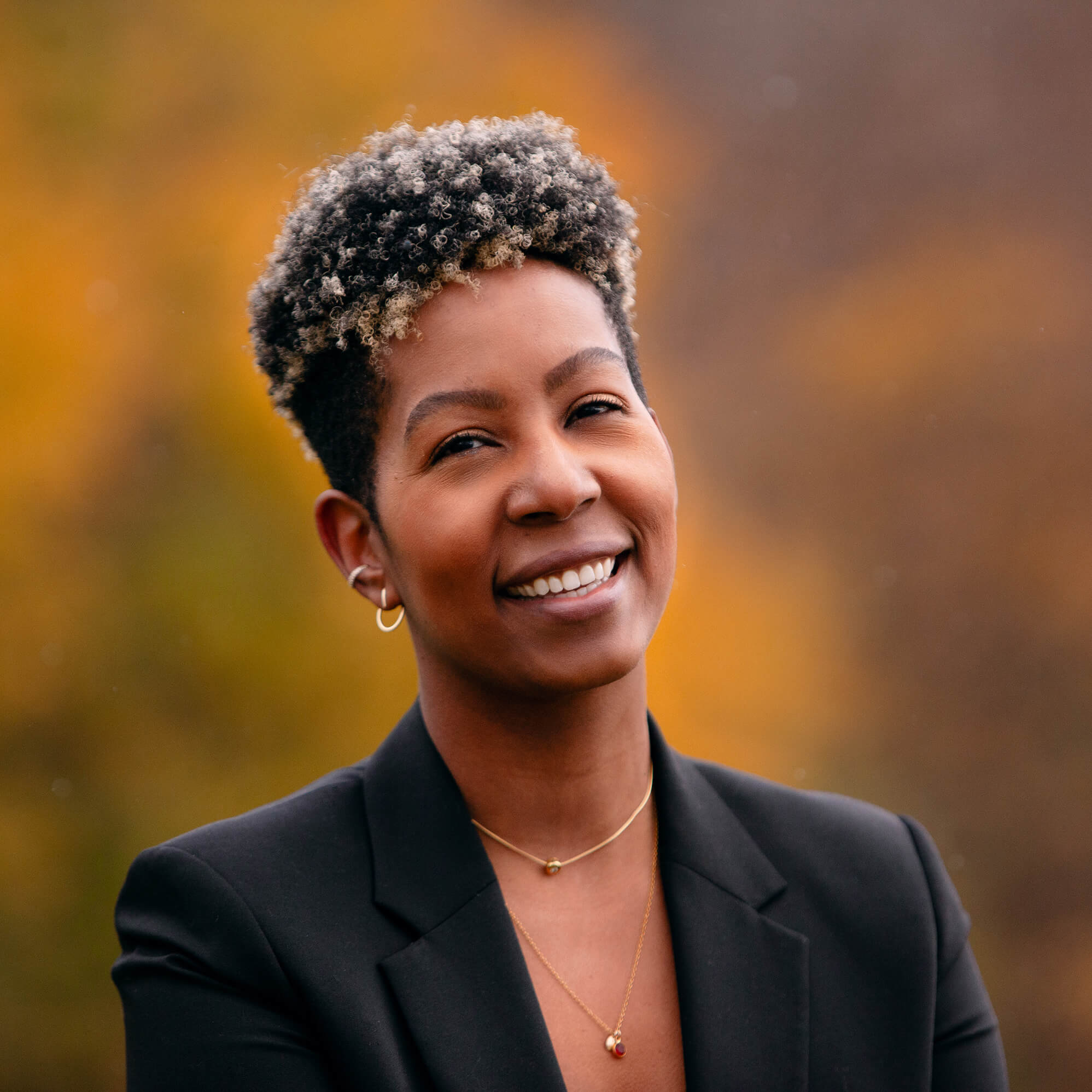
Allya Davidson
Executive producer, The Fifth Estate
CBC News
(Photo credit: Angelyn Francis)
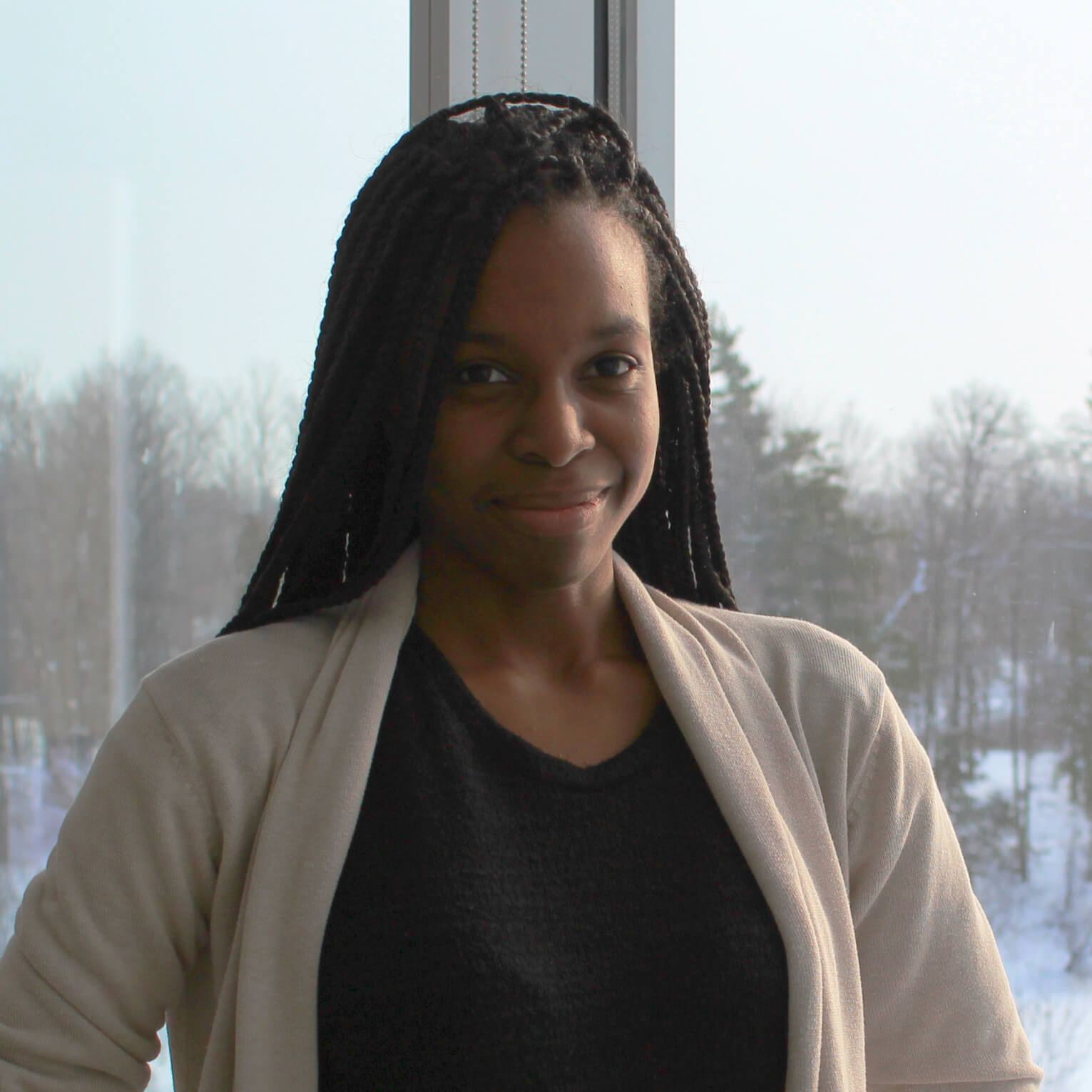
Danielle Edwards
Reporter and newsreader, CBC Nova Scotia
King’s College University Atlantic Region Fellow
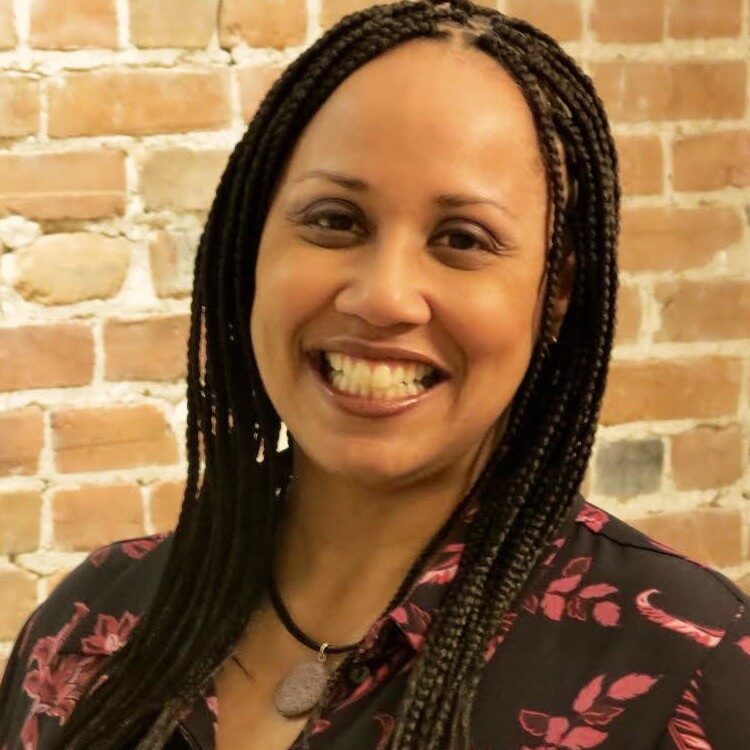
Shari Okeke
Assistant Professor, Journalism/Advanced Podcasting
Toronto Metropolitan University Faculty/Instructor Fellow
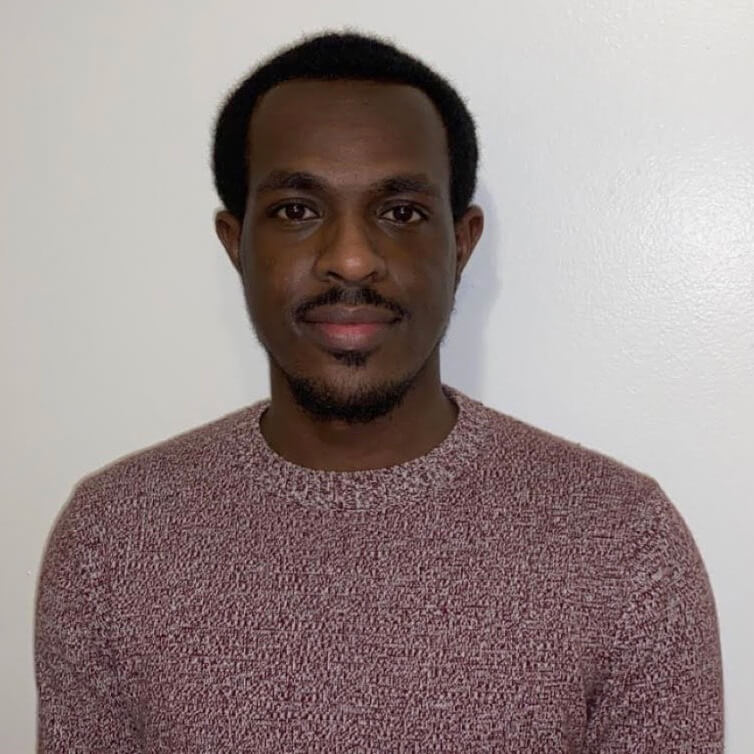
Libaan Osman
Digital producer and basketball reporter
The Toronto Star
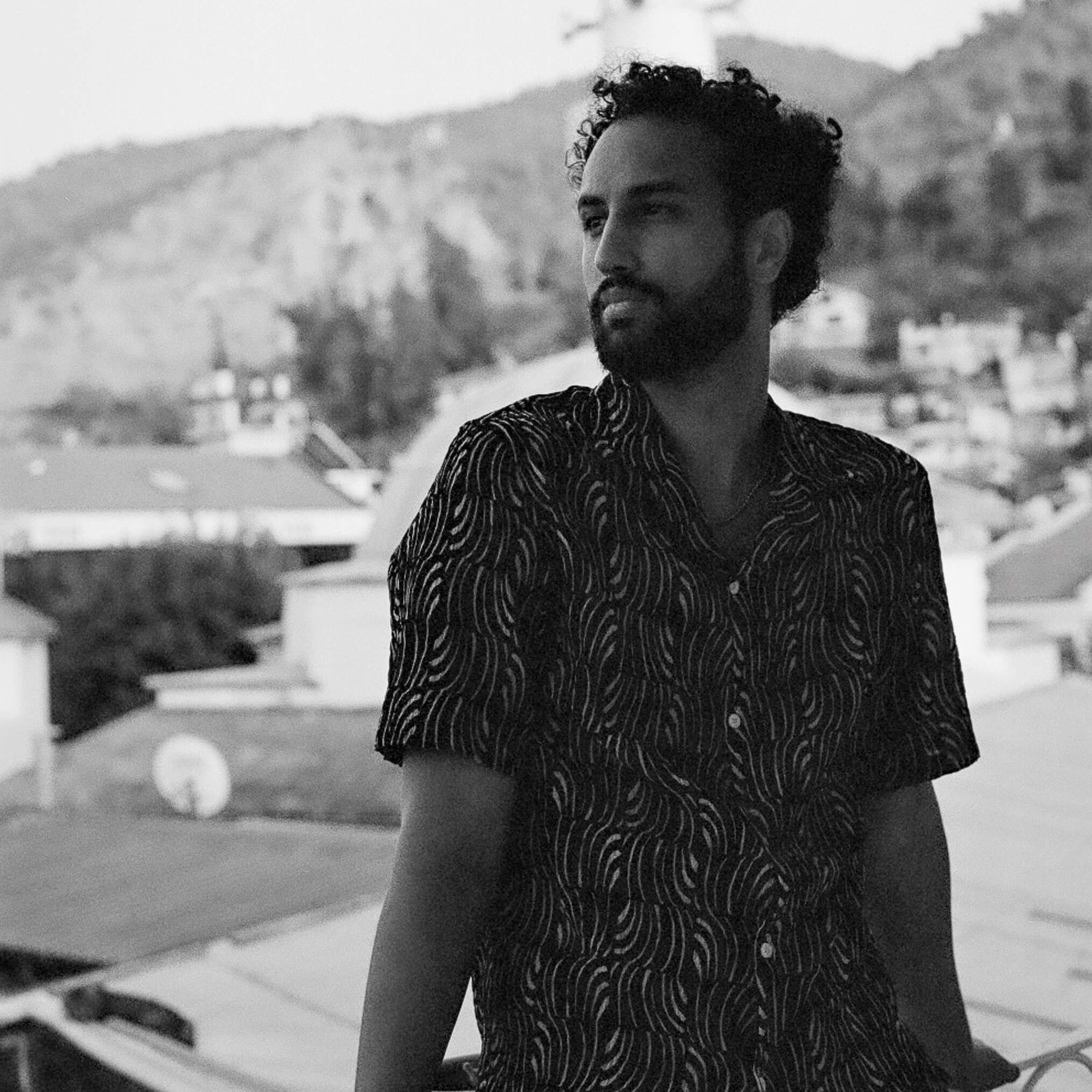
Nur Qorane
Somali-Canadian producer
CBC News Toronto
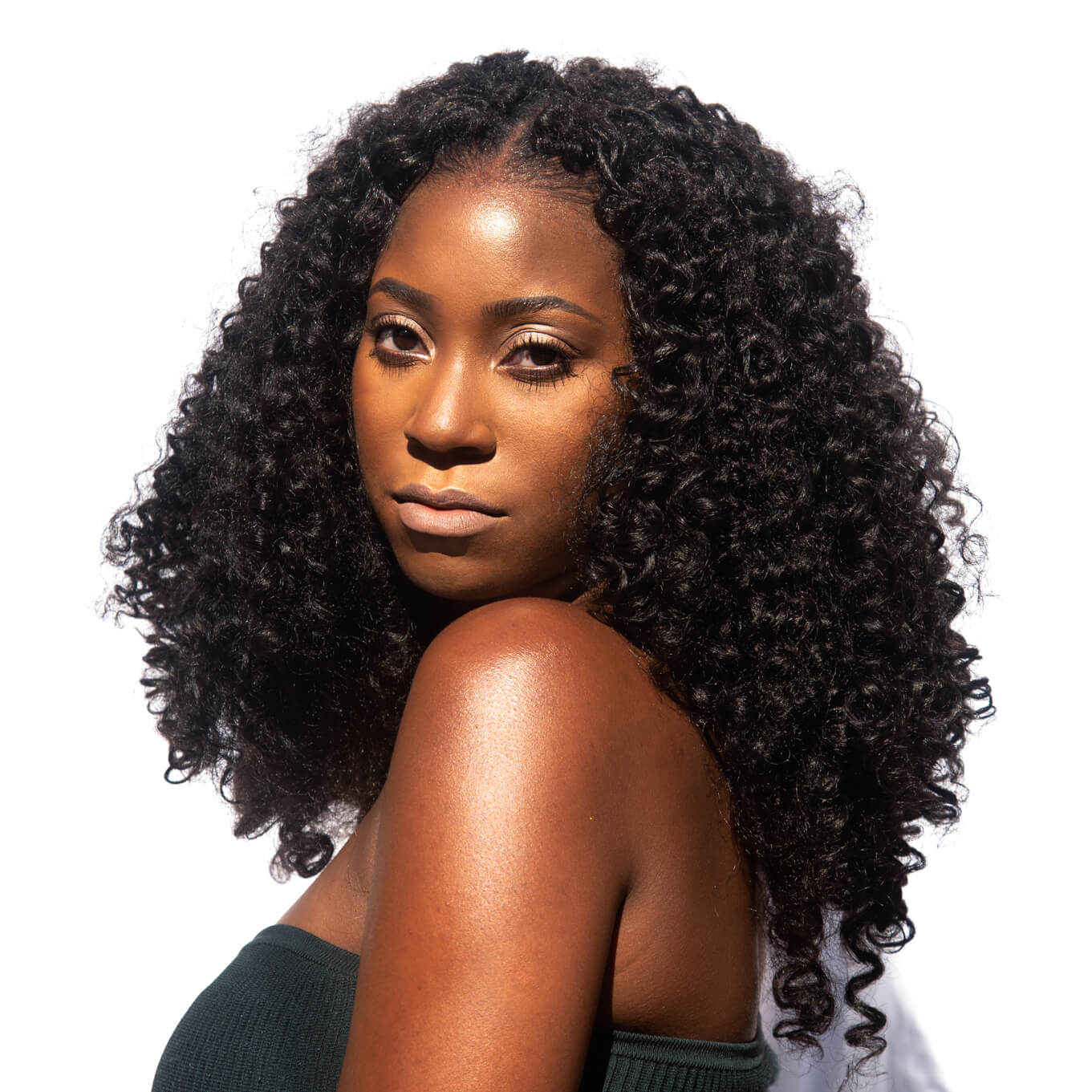
Danica Samuel
Founder, Vainqueur Magazine
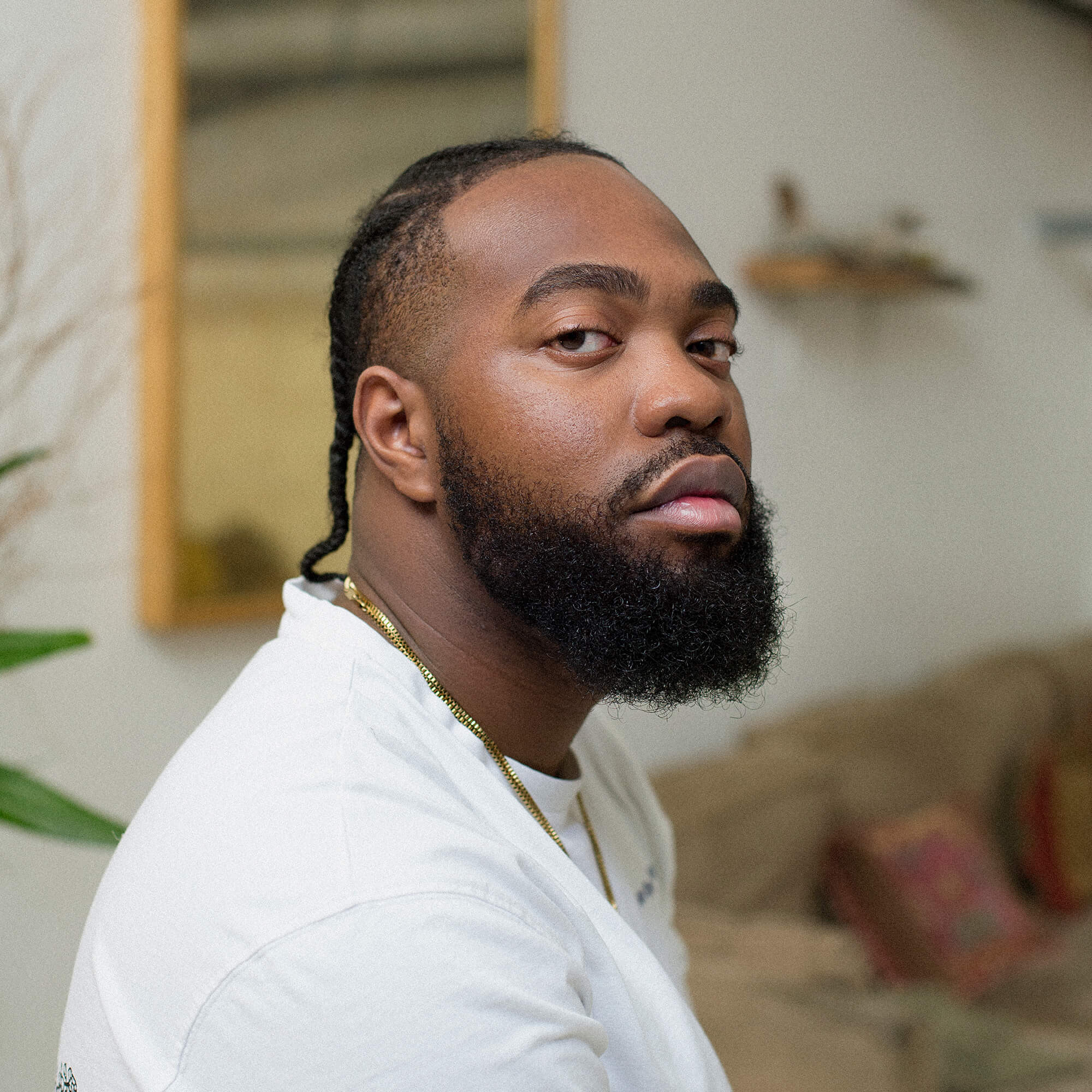
Adriel Smiley
Host and Executive Producer
The Cool Table
2024 Fellows: Student Journalists
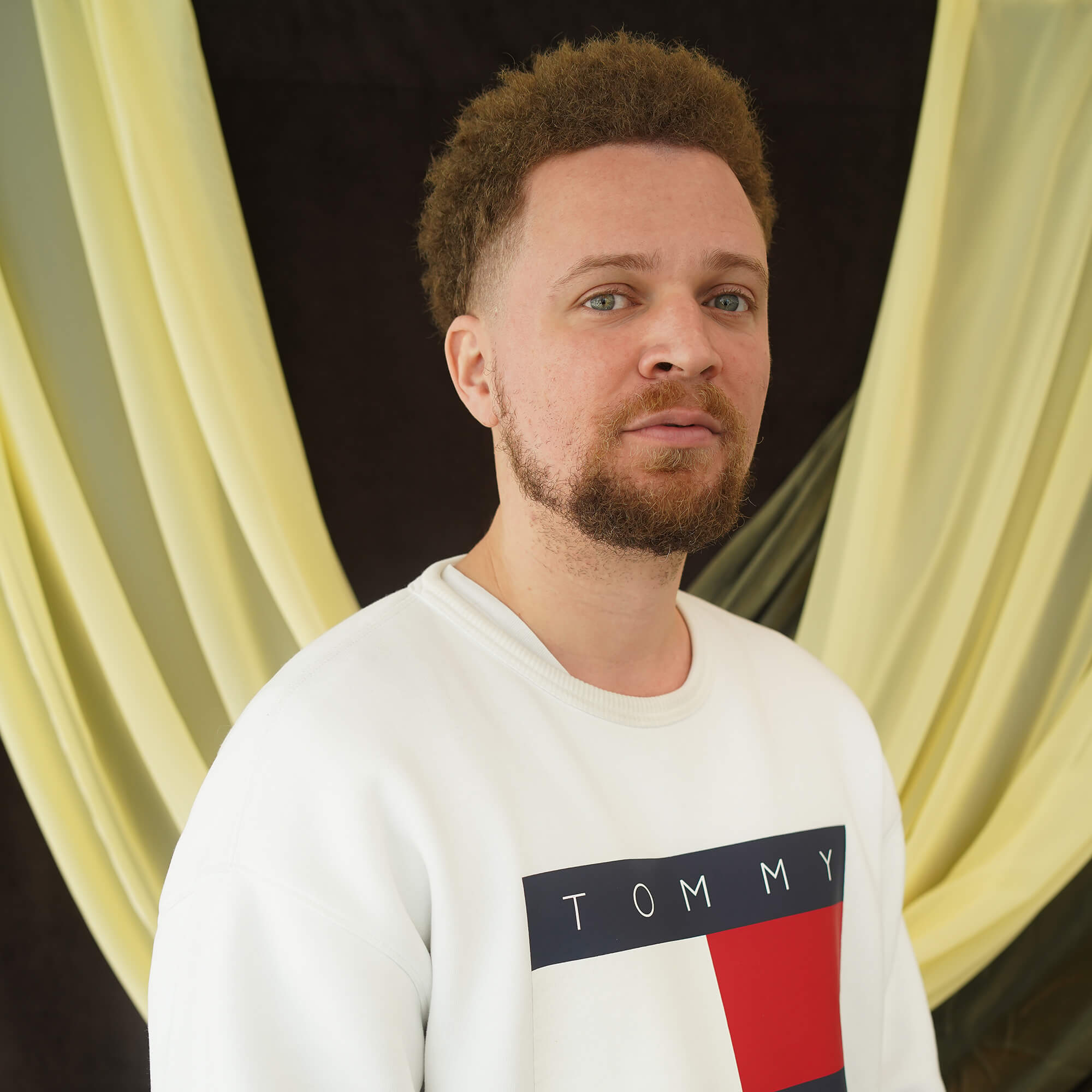
Chris Harrison
Second year student, Bachelor of Journalism
Toronto Metropolitan University
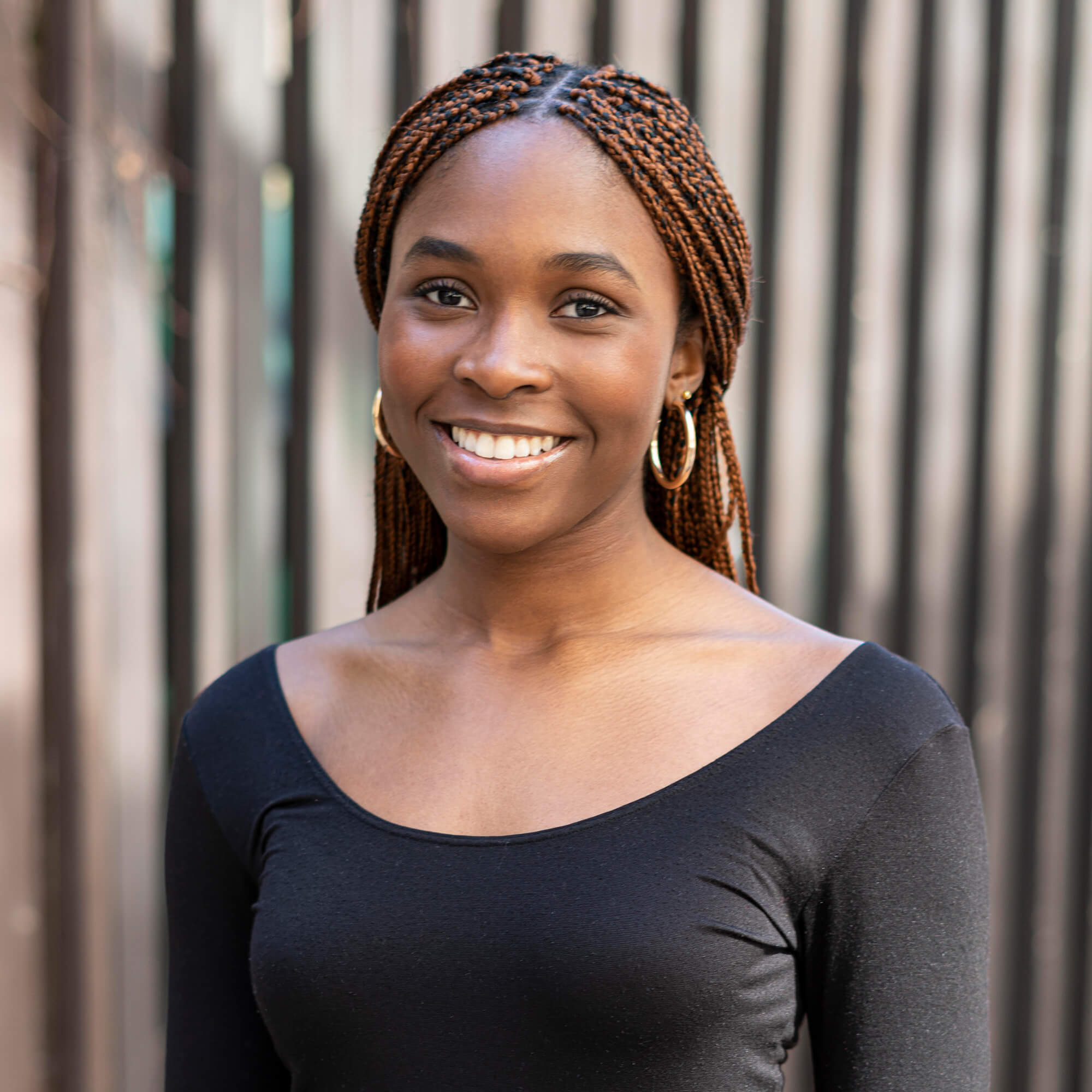
Danielle Reid
2024 Bachelor of Journalism graduate
Toronto Metropolitan University
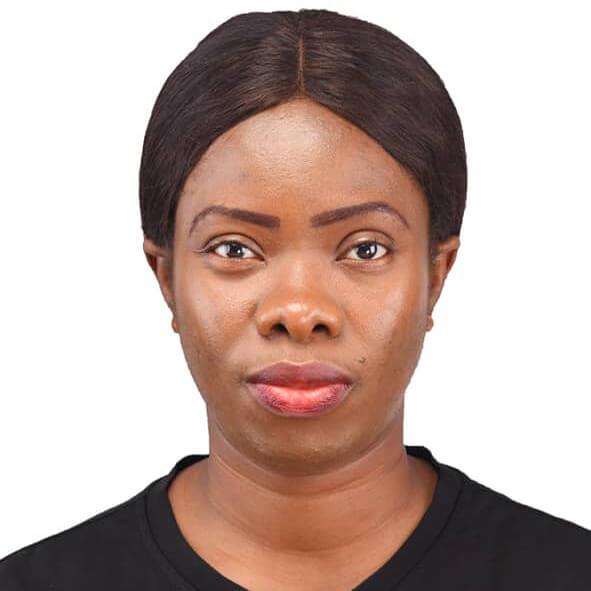
Ijeoma Ukazu
Second year student, Master of Journalism
Carleton University Fellow
The Mary Ann Shadd Cary Centre for Journalism and Belonging is inviting Black journalists in Canada to apply to be part of a delegation to the National Association of Black Journalists (NABJ) Convention and Career Fair in Chicago from July 31 to August 4, 2024. Participants will be joining a cohort of Black journalists for unparalleled professional development and networking. Travel, accommodation and registrations will be covered.
In the spirit of Mary Ann Shadd Cary’s journey as a writer, publisher and speaker, delegates will be invited to cross the Canadian border, as she did, to build relationships with peers in the United States.
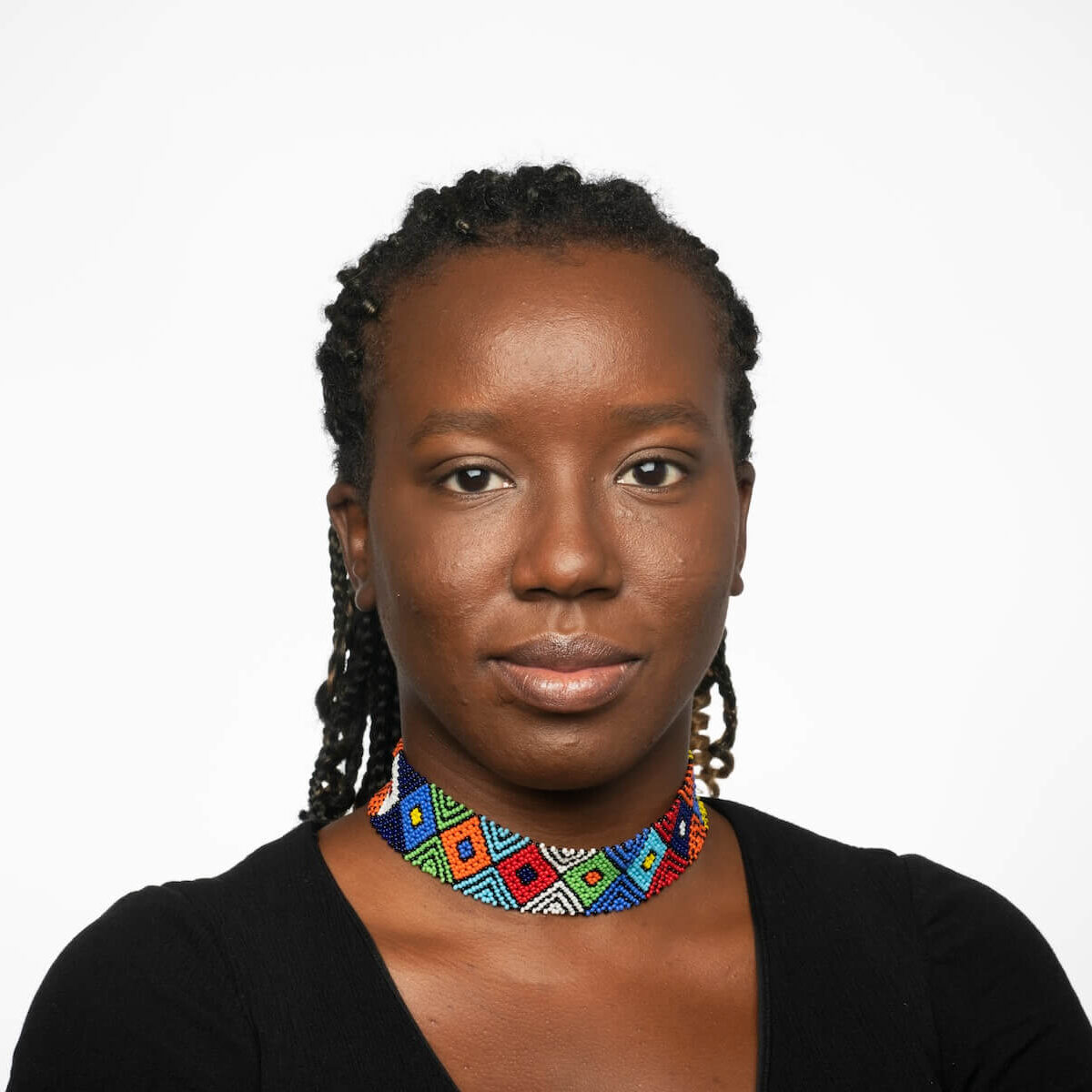
Vicky Mochama
Senior Editorial Lead
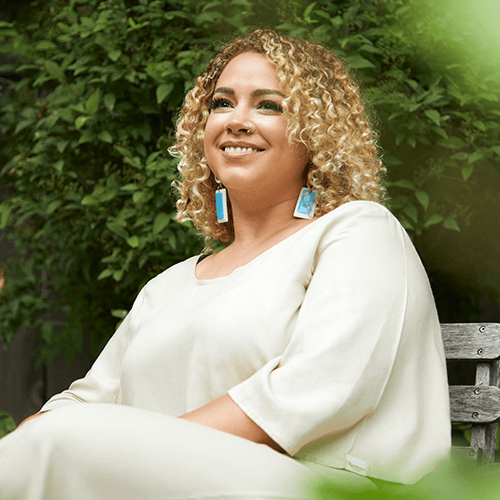
Pacinthe Mattar
Senior Editorial Lead

NANA ABA DUNCAN
Project Lead
This initiative is being led by journalist Vicky Mochama, who will serve as senior editorial lead and delegation facilitator. Award-winning journalist Pacinthe Mattar will also serve as senior editorial lead and delegation facilitator in Chicago. The overall project is led by Shadd Cary Centre director and Carty Chair in Journalism, Inclusion and Diversity Studies at Carleton University, Nana aba Duncan.
Who is Eligible:
Black journalists with a minimum of five years journalism experience – including Black journalists with 15 to 20 years experience.
Black student journalists enrolled in a college or university (undergraduate or Master’s) journalism program
What You’ll Get:
Full Financial Support: Enjoy a stress-free experience with all travel, accommodation and registration covered.
Funding For Your Work: If you are selected as a delegate, you will also receive a modest reporting grant to fund the journalism project that you pitch in your application.
Unmatched Professional Development: Access to workshops, discussions, and networking events tailored for Black journalists and media professionals across North America.
Networking: Build lasting relationships or enhance existing ones, with industry leaders and peers, creating a supportive network for your career advancement.
Make a Difference: Your participation will not only advance your career but also underscore, illustrate and re-demonstrate the critical value of Black journalists in Canadian newsrooms, honouring the legacy of trailblazers in the field.
Call for Applications:
We are looking for enthusiastic Black journalists in two categories:
Mid-Career Journalists: Mid-career journalists will attend the conference and receive support for their projects.
Student Journalists: Journalism students from any journalism program in Canada will attend the conference, and produce a journalistic report on the experiences and lessons learned at the NABJ Convention by attending delegates.
Application Process:
Submit your application with the following:
For Mid-Career Journalists:
- A brief biography (max. 2000 characters)
- A statement of intent on why you wish to join the Canadian Delegation to the NABJ Convention and how you believe it will influence your career. (max. 4000 characters)
- A pitch for your journalism project, including objectives, methodology, and anticipated impact. Your pitch must also answer the question: How does this project align with the work of Mary Ann Shadd Cary? (max. 4000 characters)
- Contact details for two references, including at least one professional reference: an email, phone number and description of the relationship. (Your second reference can be a non-family member who is invested in your professional and personal growth. Some examples can include: a coach, a peer in journalism or other work, a mentor, or a community elder.)
For Student Journalists:
- A brief biography (max. 2000 characters)
- A statement of intent detailing why you wish to join the Canadian Delegation to the NABJ Convention and how you believe it will influence your career. (max. 4000 characters)
- A brief statement answering the following questions: What unique contribution can you make to the field of journalism? How does your work, point of view, or experience contribute to journalism? (max. 1800 characters)
- Contact details for two references: an email, phone number and description of the relationship.
Must have a valid passport for travel for the next 6+ months.
Our Values:
As Black people in Canada, we know we contain multitudes. This means we respect the diversity of our own communities, including our ethnicities, countries of origin, mixed heritages, political perspectives, genders, Indigeneity, ability, religion, sexual orientation, class and more. We pledge to demonstrate this respect on the trip and expect all delegates to do the same.
Be Part of This Transformative Journey:
This initiative is more than a trip; it is an opportunity to be at the forefront of shaping a more inclusive and equitable journalistic landscape in Canada. Enhance your skills, network with pioneers, do the electric slide with your peers, and contribute to a narrative change and progress. As student journalists, you’re at the start of a long journey to tell important stories and deserve the support to make your journalism dreams a reality. As mid-career journalists, we know you’ve worked hard to make it this far – we want you to rejuvenate, re-energize, and remember your ‘why’ so you can stay in the journalism game. Join us!
JUDGES: Mid-Career Journalists

Ron Nixon
Vice President, News and Head of Investigations, Enterprise, Partnerships & Grants, Associated Press
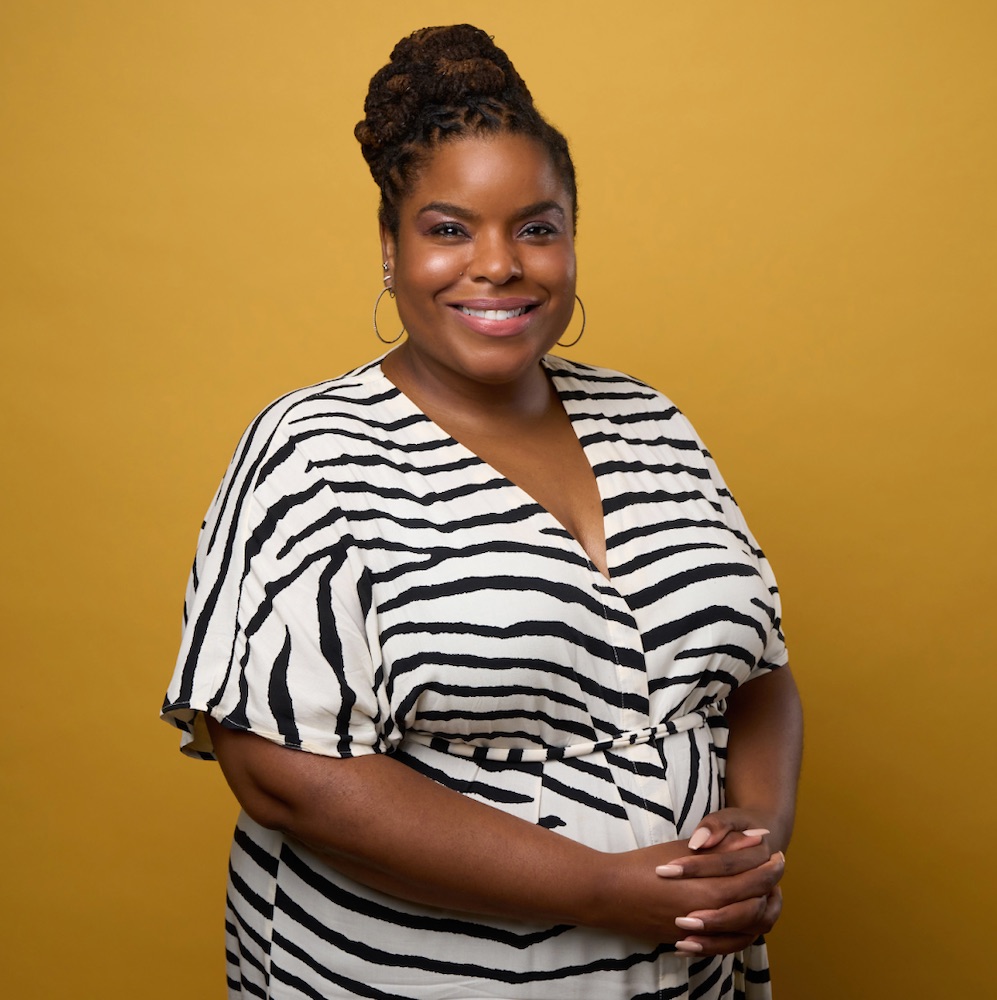
Lolly Bowean
Program Officer, Creativity and Free Expression Team, Ford Foundation
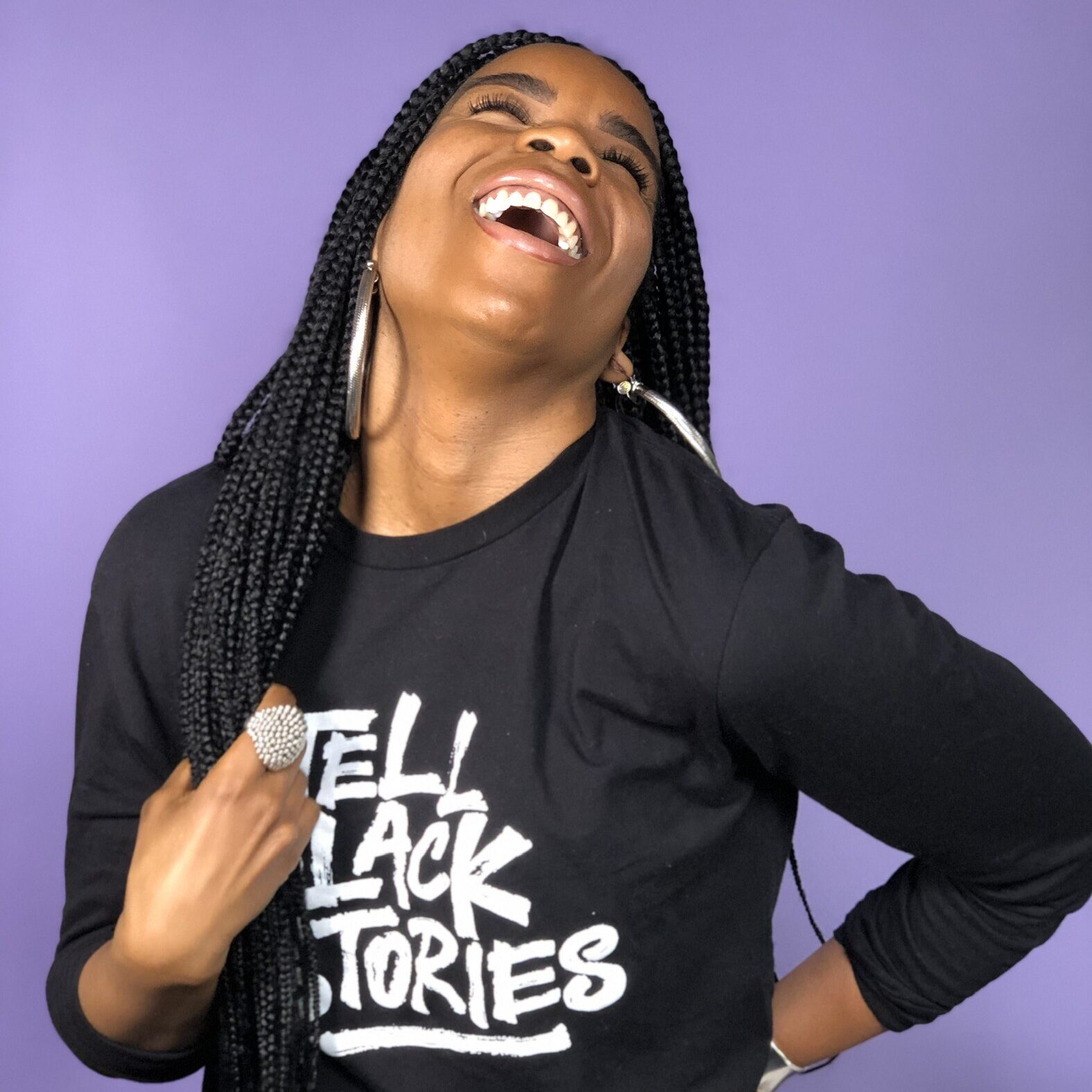
Felice León
Award-winning multimedia journalist, host and producer.
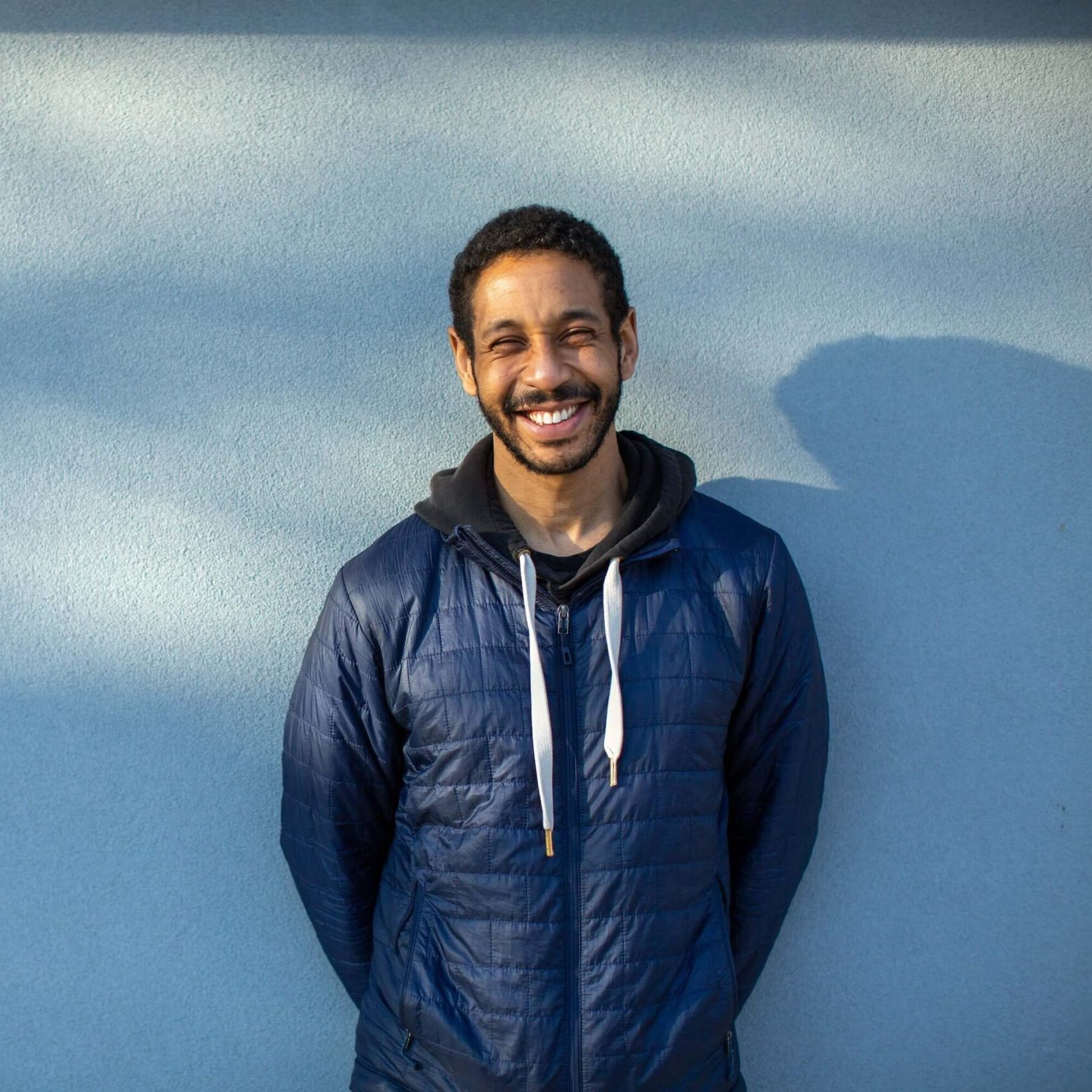
Dave Mayers
Peabody and three-time Emmy award-winning documentary director, cinematographer and sometimes journalism professor
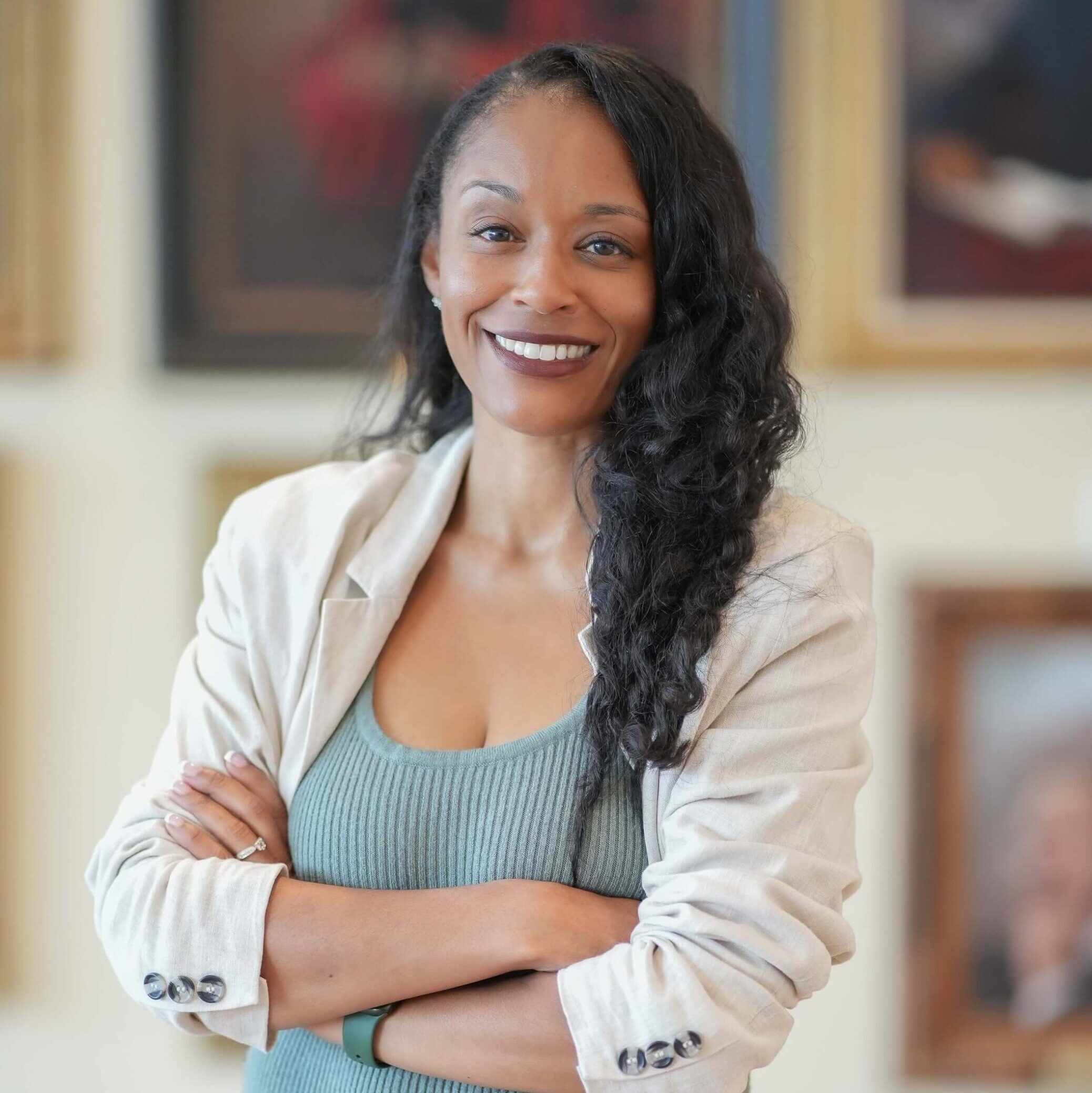
Nicole Carr
Award-winning investigative journalist and Morehouse College professor based in Atlanta, Georgia

Jonathan Rabb
Founder, Watch The Yard
JUDGES: Student Journalists

Vicky Mochama
Writer, journalist and editor

Pacinthe Mattar
Journalist, writer and producer

NANA ABA DUNCAN
Associate professor, Carleton University
FAQs
Watch the recorded information session:
Eligibility and Application Requirements
Q: Is experience required for students to be considered?
A: There are no specific experience requirements mentioned for student applicants, but they must be enrolled in a college or university journalism program.
Q: Can I apply if I’m in high school or under 18?
A: No, high school students and those under 18 are not eligible to apply.
Q: Is this delegation only for new journalists?
A: No, this delegation is actually targeted to mid-career journalists. However, students enrolled in a journalism program are also encouraged to apply.
Statement of Intent and Project Pitch
Q: Any tips on writing the statement of intent? What do you want to know about what inspires/motivates us?
A: Focus on why you wish to join the Canadian Delegation to the NABJ Convention and how you believe it will influence your career. Highlight your motivations and inspirations.
Q: What are you looking for in the project pitch?
A: Don’t be intimidated by the word “project”; we’re looking for a compelling story idea. Your pitch should clearly outline your objectives, provide a detailed plan, and explain the expected impact. It should be focused, specific, and show a strong perspective while aligning with the fellowship’s values and goals.
Q: Does our journalism project pitch have to relate to the outlets we’re working with right now, or can it be a new project?
A: Your project pitch can be new and does not need to be related to the outlets you are currently working with.
Q: Does the project pitch have to be for a written project, or are audio/visual/photo projects acceptable?
A: All formats (written, audio, visual, photo) are acceptable for the pitch.
Q: Does the project pitch have to be focused on the African Diaspora/Black community and/or culture specifically, or can it be more general?
A: The project pitch does not have to be specifically focused on the African Diaspora or Black community, but you will be required to demonstrate how it aligns with the work of Mary Ann Shadd Cary.
Q: What should be included in the bio?
A: Your bio should highlight your best work, providing a brief overview of your professional background, accomplishments, and any relevant experiences.
Q: Will I receive feedback on my application?
A: Whether you receive feedback depends on the volume of applications and the capacity of the judges. We understand how helpful feedback can be and will do our best to provide it where possible.
Q: During the interview portion, will we need to submit work samples?
A: No, you will not need to submit work samples.
Selection and Travel Details
Q: Is there a specific number of journalists that you will be accepting for this fellowship?
A: Our goal is to send a delegation of 10 journalists and students to Chicago.
Q: Will this opportunity be offered yearly?
A: Not necessarily. The Shadd Cary Centre is committed to sending a diversity of journalists to conferences, but this depends on funding.
Q: How are we getting there?
A: The fellowship will cover your flights to Chicago and ground transportation to the conference venue. Once in Chicago, you will be staying at a centrally located accommodation near the conference in downtown Chicago.
Q: Is everything covered? Will I need to provide any funds?
A: Accommodation, flights, transportation, and conference admission are covered. Delegates will receive a modest stipend for daily expenses such as coffee, meals, and additional purchases.
Q: Is a visa required to travel to the U.S.?
A: Canadians typically do not require visas to enter the United States, although there are some exceptions. If you are not a Canadian citizen, please find out whether or not you need a visa.
Additional Information
Q: If we have another question before the deadline, who can we contact?
A: You can contact the Mary Ann Shadd Cary Centre at info@shaddcarycentre.com.
Q: What if I feel imposter syndrome and doubt my qualifications?
A: You don’t have imposter syndrome – what you’re feeling is actually systemic bias and exclusion, according to the Harvard Business Review. Don’t count yourself out. Apply!
Disclaimer: While not an affiliate of the National Association of Black Journalists, this fellowship aims to support attendance to its annual Convention. The fellowship cohort will attend the NABJ Convention as representatives of the Mary Ann Shadd Cary Centre for Journalism and Belonging. The fellowship cohort will participate in the convention as registrants and session attendees. All official programming and initiatives for the Convention are managed and facilitated by the NABJ National Office.
Contact Us:
For further details, contact the Mary Ann Shadd Cary Centre for Journalism and Belonging by email: info@shaddcarycentre.com.
Thank You to Our Partners:
